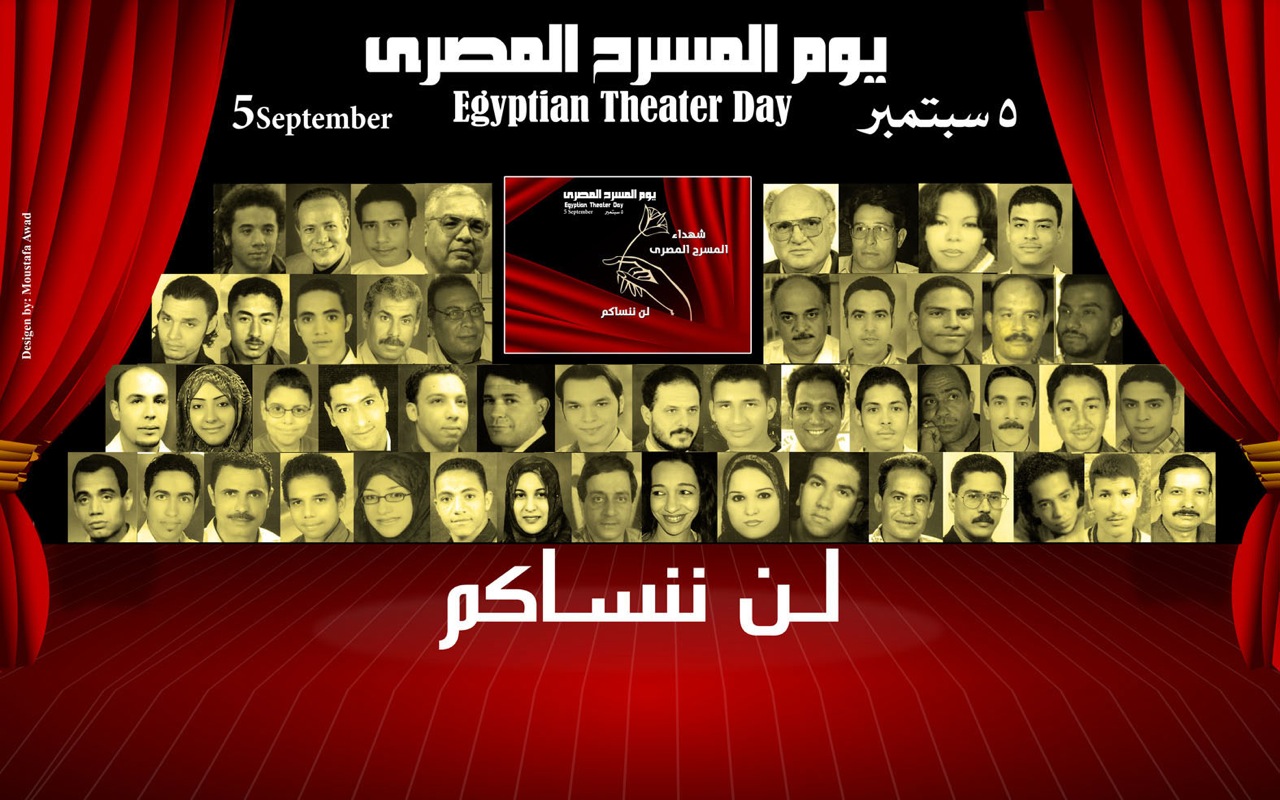
(AFP Photo)
The trial of ousted President Hosni Mubarak was postponed to 19 October, after the seventh session was held on Saturday.
Presiding judge Mahmoud Kamel El-Rachidi has ordered a media blackout on the upcoming sessions on 19, 20 and 21 October, a move that was also taken in the first trial. In addition to Mubarak, defendants in this trial include his two sons, Alaa and Gamal, as well as Mubarak’s Interior Minister Habib Al-Adly and six of his aides. Fugitive businessman Hussein Salem is also among the defendants.
The defendants face charges of complicity in the killing of protesters in the 2011 Revolution, as well as wasting public funds by exporting gas to Israel .
Although four charges were brought against Mubarak, he was only put on trial for the aforementioned one. The three other charges are related to financial corruption.
In June 2012, Mubarak was sentenced to life in prison for involvement in the killing of protesters but both the prosecution and his defense team appealed the case and the ongoing trial is in fact a retrial.
After spending most of his time since the 2011 Revolution in detention, Mubarak was allowed to leave prison last month but was placed under house arrest by Prime Minister Hazem El-Beblawi.
Mubarak had marked his second year in custody last April, the maximum amount of time that can be spent in detention for a crime carrying the death penalty. He was ordered released on 15 April but remained in custody for the three financial corruption charges. Eventually, courts ordered his release in the financial corruption charges, with the last court allowing Mubarak to repay the value of gifts he allegedly illegally received from a state-run newspaper before ordering his release.



